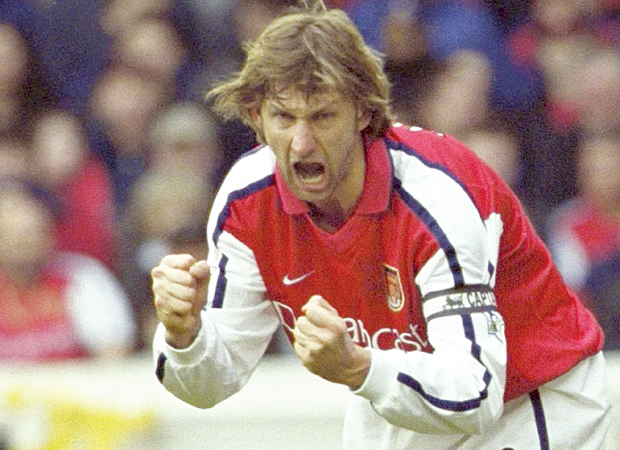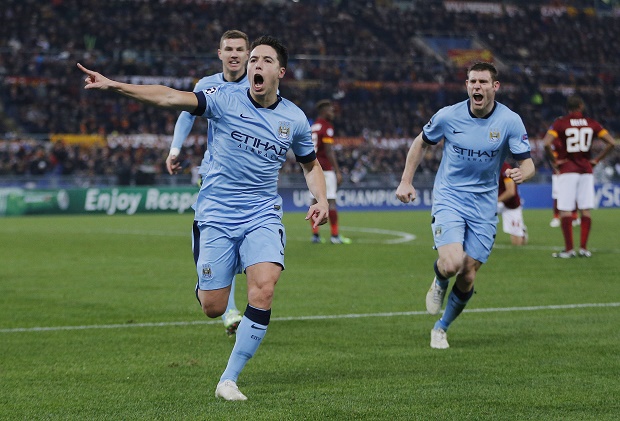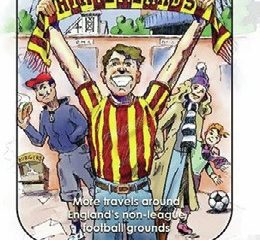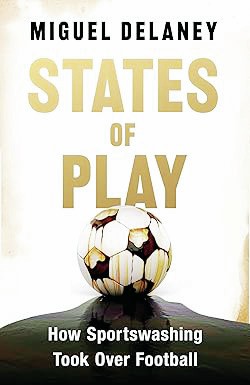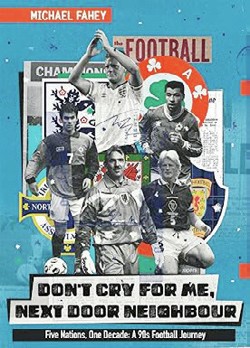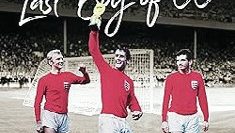
Last Boy of ’66: My Story of England’s World Cup Winning Team, by Sir Geoff Hurst, published by Ebury Spotlight, Price: £22
Hat-trick hero Sir Geoff Hurst is the last surviving member of England’s 1966 World Cup winning team and his latest book delves deepest into his life and the key characters of the final.
Hurst has had a bittersweet life with some unbelievable highs and distressing lows. The deaths of his younger brother Robert and his eldest daughter Claire are darknesses that he has taken decades to process.
Hurst provides plenty of new insights into his World Cup winning colleagues and manager Sir Alf Ramsey.
“What Alf searched for when he was casting about for 11 good men and true was team players. He wanted footballers who would literally embody the concept of being a teammate.”
Ramsey famously said: “I don’t always pick the best players, you know.”
Hurst states: “It was important to fit in with his plan, and for that he went for hard-nosed pros who he absolutely knew could do a job for him. Ours was a team with no weak link. There wasn’t one person of whom he could say, I’m not sure about him.”
New Perspectives
At one point in the book Hurst re-watches the final again looking for new perspectives. He observes that West Germany’s equalising goal to make the game 2-2in the 90th minute should have been disallowed for a Schnellinger handball and extra-time wouldn’t have been required.
On his own famously controversial goal in extra-time, he says: “Did it cross the line? Roger (Hunt) is certain. Otherwise, he’d follow up, not turn away. The ball bounces up so high that I’m not so sure he’d get anywhere near it, but still. Instinct tells him it’s a goal. That’s always been good enough for me and always will be. Alternatively, you could put it this way: it was as much of a goal as West Germany’s equaliser.”
As well as reviewing the characters and events of ’66, he has strong views on the current state of the game. He believes eight and nine-year-olds shouldn’t be associated with professional clubs.
He says that football has not necessarily improved. The game he played was not just as good, but in many ways it was better. It’s a physical game and back then there was a lot more acceptance that you tackled hard, but you played fair.
He believes a lot of today’s games are boring. In his words, ‘They’re too namby-pamby’, and they’re badly marred by gamesmanship. He criticises the money and status in the modern game. He believes the stratospheric salaries have opened up a gap between players and the spectators.
There is no doubt that the last of the World Cup winners has had a life of extreme highs and lows. He was officially recognised with an MBE in 1977 and a knighthood in 1998.
It must be deeply distressing for him to see all his teammates depart and many of them from dementia. Hurst, 83, recently suffered a heart attack, but he has recovered and continues to do speaking engagements. This inspiring book will cement his reputation as a gentleman and true sporting hero.
Ian Aspinall
Rating out of 10: 8


Book Reviews
Book Review: Chris Towers finds right mix

Book Reviews
Book Review: Sir Geoff Hurst hits net
